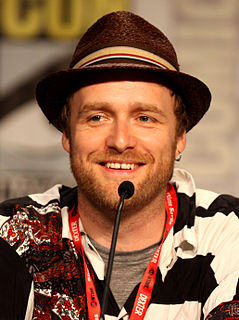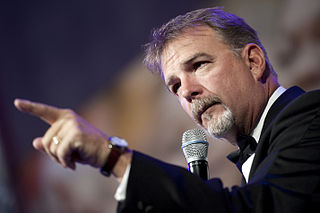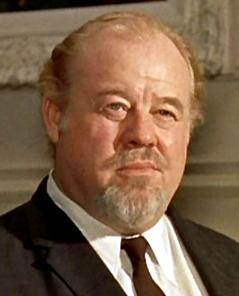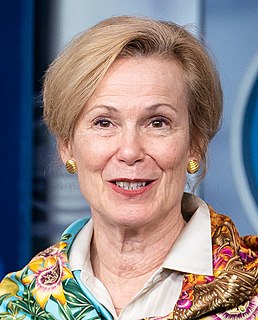A Quote by Abraham Verghese
There's something universal about illness... Whether you like it, at some level all patients are saying, 'Daddy, Mommy, help me, tell me it's going to be alright.'
Related Quotes
Religion works. I know there's comfort there, a crash pad. It's something to explain the world and tell you there is something bigger than you, and it is going to be alright in the end. It works because it's comforting. I grew up believing in it, and it worked for me in whatever my little personal high school crisis was, but it didn't last for me.
If it's something I feel I can do alright, I like being in those, and some that I think Rob Schneider and David Spade would be funnier at than me, I tell them to do it. I don't have any clue how we decide. There's this thing, this "Click", actually, one of my friends called me up, my partner told me about this idea that Steve Koren had. Steve Koren, by the way, the guy who wrote it with Mark O'Keefe, Steve Koren I've known since I was 22. He was a page at Saturday Night Live.
Punishment by definition isn't going to help. So what you need to do is to help people to change and recover is to help them find different areas of passion and help them find better ways of coping. Because about 50 percent of people with addiction have a preexisting mental illness, about two-thirds have had some type of severe trauma during childhood, and they are not using to the point where they're risking their lives because it's fun. They're doing something to help them cope.
I don't know the reasons why something is intimidating to me or disgusting to me and I don't like feeling that way, either. I don't like it when something turns me off, on any level. So, its a matter of saying: Well, I can either sit here and reject, or I can do double-time embracing of something else just to reassure myself that I'm not against the world.
We want combination solutions at the state level, at the local level - whether we've learned from the Chinese about creating what we've been calling COVID wards - creating the ability to actually care for larger numbers of clients and patients in a more concentrated way which allows more oversights so we could really track patients.


































